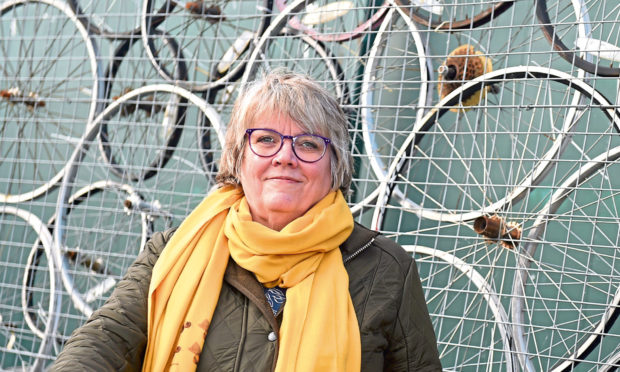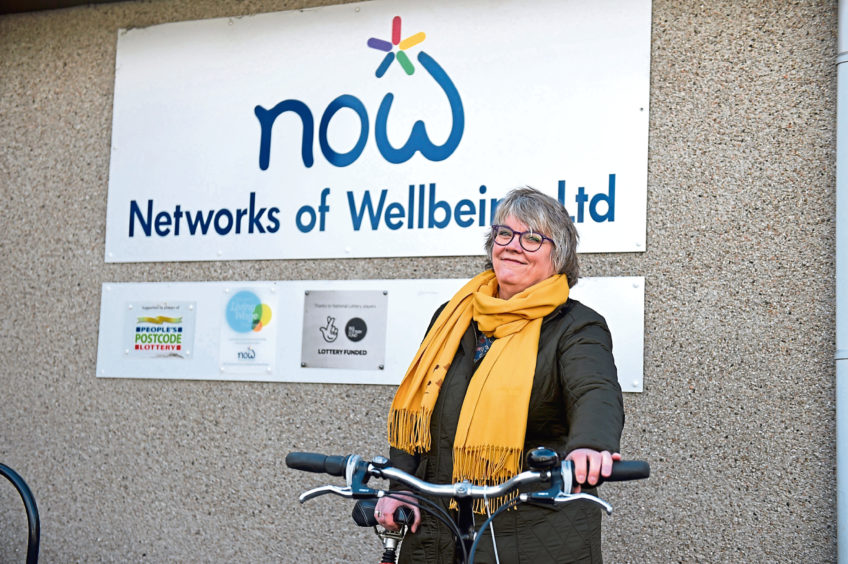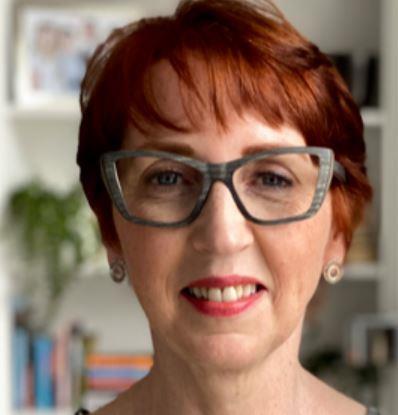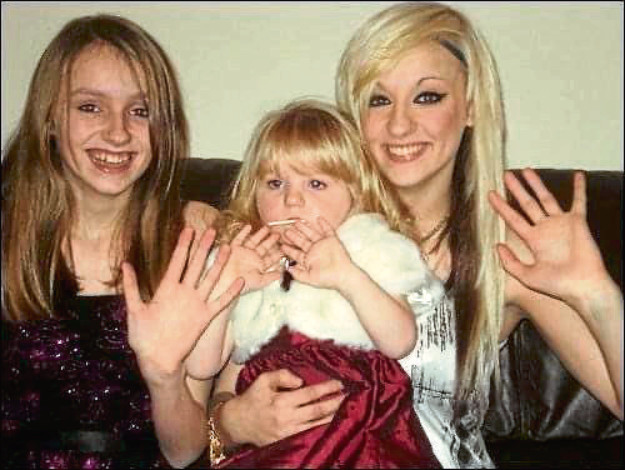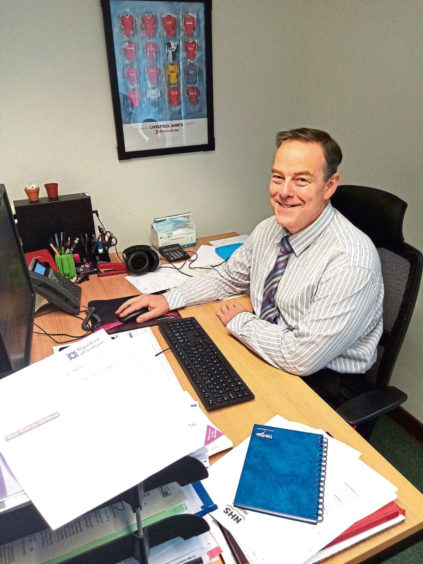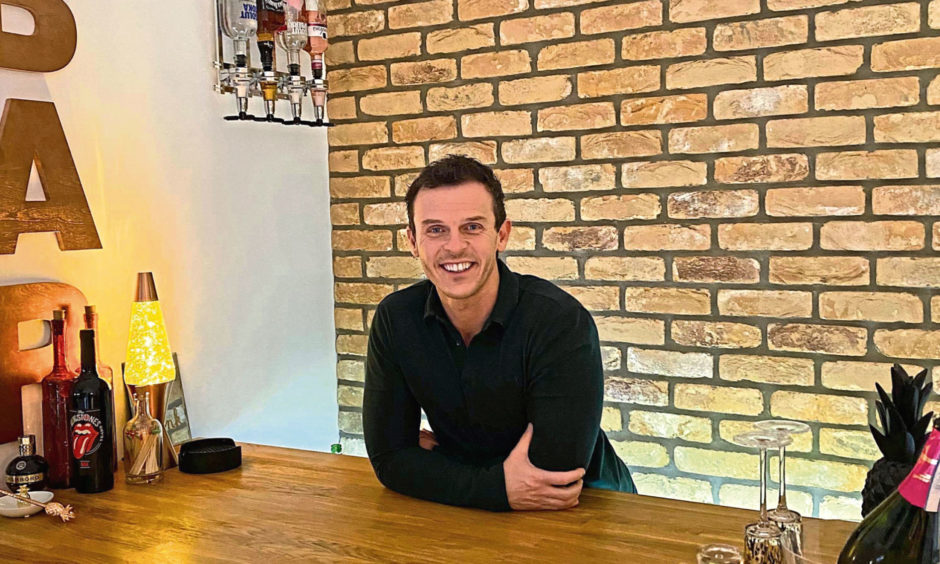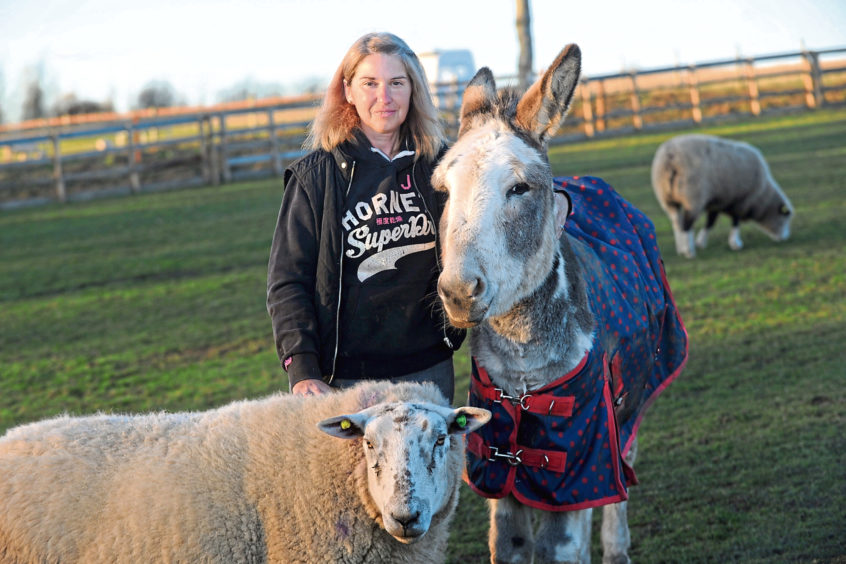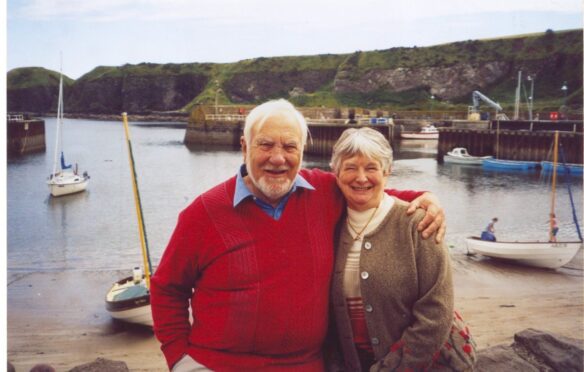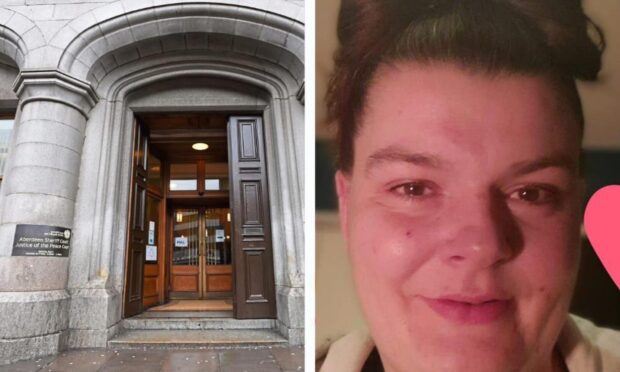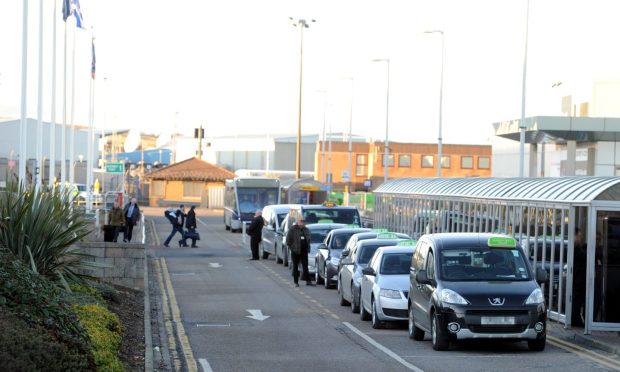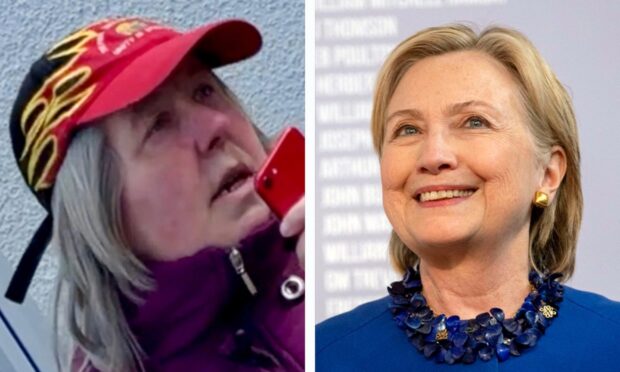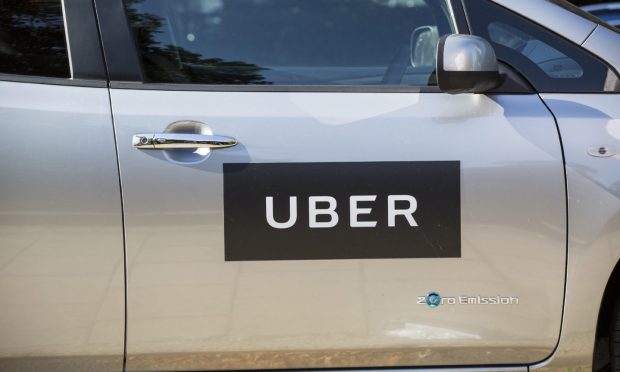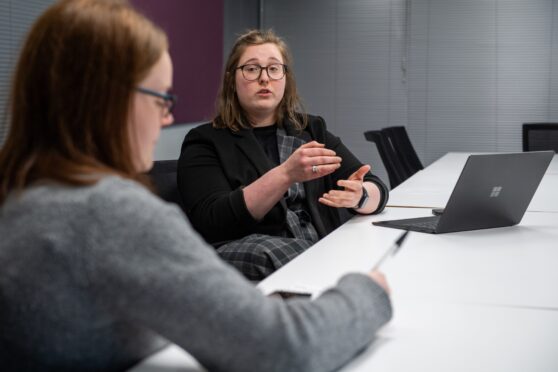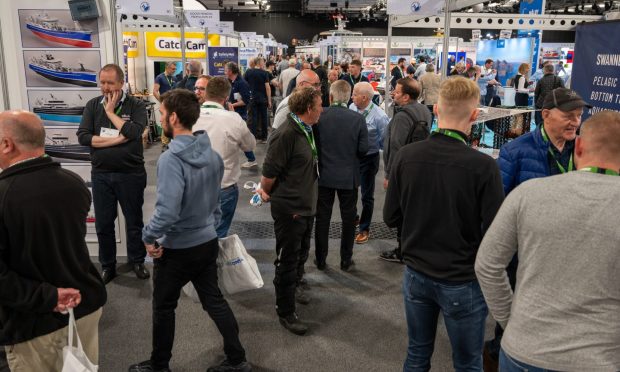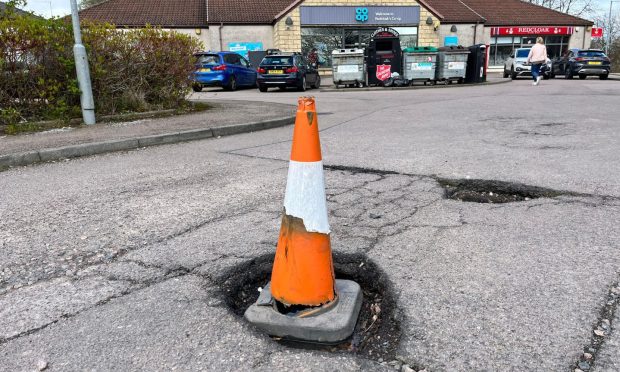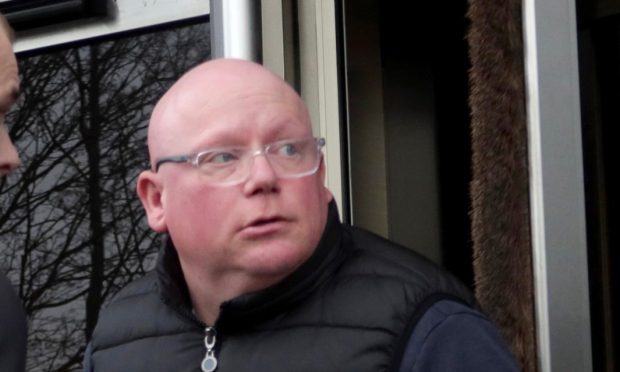How are you today? No, really: How are you?
Talking about mental health is not a new concept – in recent years at least.
We’ve forced ourselves to challenge the stigma, to speak out and seek help when needed.
But that was before the coronavirus pandemic ripped through all that we knew and held dear.
A new study suggests people across the UK increasingly thought about taking their own lives during the first six weeks of lockdown.
The research, led by Glasgow University, is the most detailed examination of how the UK’s adult population coped during the first weeks of lockdown, when people were given strict orders to stay home.
Certain groups of people are said to be particularly at risk, including women and young people.
His devastated family believe that were it not for the mental health implications of the pandemic restrictions, their son would still be alive.
We spoke with mental health experts, charities and those passionate about wellbeing across the north and north-east to find out more.
Fiona Alderson
There is no one-size-fits-all solution when it comes to mental health support, because everyone’s journey is different.
This is the belief of Fiona Alderson, who is service manager at Networks of Wellbeing.
The charity was set up nearly 30 years ago as a support group for mothers experiencing post-natal depression.
It now offers a wide range of activities from aromatherapy classes to counselling, as well as the bike shack project which is based at The Clashmach Centre in Huntly.
“We work with people to help them on a mental health recovery journey, or to maintain good mental health,” said Fiona.
She predicts that we are yet to see the mental health legacy of Covid-19, which could emerge when restrictions ease.
At some point, everyone, regardless of age, will experience poor mental health. A lot of people say they don’t have problems. What that actually means is they can manage.”
Fiona Alderson
“When people finally lift their foot off the accelerator, I think that’s when the full impact will hit home,” she said.
“People are so busy trying to get through the next two weeks, the next month – we are in survival mode.”
The charity previously helped 400 people each month, but has moved most of its activities online.
“We have noted an increase in the number of referrals received from people requesting mental health support,” said Fiona.
“By the end of September, we had logged 1,942 attendances across all our groups.
“We have continued to offer telephone support to all of those who contact us and our cycling connections project has focused on supporting key workers who use cycling as their transport, with repairs, servicing and advice.
“Those already facing mental health challenges have had these exacerbated, so our telephone and Zoom counselling has provided a vital service.”
Has Covid changed the conversation surrounding mental health though?
“I think it has made us talk about it more,” said Fiona.
“At some point, everyone, regardless of age, will experience poor mental health. A lot of people say they don’t have problems. What that actually means is they can manage.
“We are not practitioner based, we do not diagnose or prescribe. We try to provide people with coping mechanisms.
“For so many people, this pandemic is outwith their frame of reference.
“My mother is 90, people from her generation lived through the war. Isolation and shortages are a memory of childhood, but what do you do if you don’t have that?
“It’s the uncertainty over the future, but I honestly believe there is always hope. We are programmed to hope in order to survive.”
Rose Fitzpatrick
Hope is particularly poignant for Rose Fitzpatrick, who experienced the complete opposite at points during her policing career.
The former deputy chief constable of Police Scotland was once the most senior female officer in the force.
But her title did not make her immune from the ripple effect of mental health.
Rather then enjoy retirement, she opted to head up The National Suicide Prevention Leadership Group (NSPLG), which formed part of the Scottish Government’s efforts to reduce the number of people who take their own life by 20%.
The group recently launched a new campaign, United to Prevent Suicide, in a bid to build confidence to talk about suicide.
I think there is still a stigma attached to suicide. In times gone by, it was a criminal offence, and it’s still considered a bit taboo.”
Rose Fitzpatrick
It comes as a new YouGov poll commissioned by the NSPLG revealed that nearly a third (31%) of people in Scotland wouldn’t know how to help if someone they knew was having suicidal thoughts, and more than a third (36%) have never spoken about suicide with anyone.
“I think there is still a stigma attached to suicide,” said Rose.
“In times gone by, it was a criminal offence, and it’s still considered a bit taboo.
“If we look backwards, the stigma is understandable. But we’re not about looking back, we look forward. We can’t accept that suicide is inevitable or that it is rare.”
Rose lost a team member to suicide during her time with the police, and also had to break the news to families.
“The experience changes you, and as a police officer I saw so many of my colleagues day after day responding to reports of suicide,” she said.
“We want people to have the confidence to raise the issue; the best thing you can do is ask and listen.
“It’s OK not to have all the answers. People are worried they’ll say the wrong thing, but anything is better than nothing.
“We are in the middle of a pandemic and we expect the impact to be felt for some time.
“That’s why it’s so vital we keep talking, engaging and keep encouraging people to sign up and look at our resources.”
Shannon Firth
Twenty-three-year-old Shannon Firth, who lives in Inverness, is a huge supporter of the campaign.
She is hopeful lessons can be learned so history will not repeat itself.
“In 2011, my whole life was turned upside down,” said Shannon.
“I was 13, and there was a knock at the door and two police officers gave my family the worst news imaginable.
“My older sister, Carolyn, had committed suicide – she was only 21.
“I have never experienced a pain like it, losing my best friend, my big sister.
“My family are still trying to heal, but we will never be whole again.
“Since Carolyn’s death, we have all experienced issues with mental health.
“We have struggled with bouts of depression and anxiety – but together we keep each other going.
“Suicide is such a massive issue across Scotland and every day I see another Facebook post, another newspaper article of a life gone too soon.”
I think that is the hardest part – we were all in pain and too scared to talk in case we made it worse, but how could it possibly be any worse?”
Shannon Firth
Carolyn’s family have since set up a football tournament in her memory, and Shannon believes that spreading awareness has improved her own mental health.
“I didn’t know how to process the pain I was feeling, and I was too scared to speak with my family in case I upset them,” she said.
“I think that is the hardest part – we were all in pain and too scared to talk in case we made it worse, but how could it possibly be any worse?
“We raise money, we reminisce about Carolyn and we try to spread the message that it’s OK to talk.
“Since doing this, my family’s mental health has improved as we’ve focused not on what we’ve lost, but on preventing people from experiencing the same pain we have.”
David Brookfield
When David Brookfield became chief executive of Birchwood Highland last year, he could not possibly have anticipated a pandemic.
The mental health charity supports people in Inverness, Easter Ross, Lochaber and Caithness, and also operates Scotland’s only residential mental health recovery centre in the Highland capital.
“We’ve had to adapt our services; we knew lockdown would have a huge impact on vulnerable people,” he said.
“These are people who view things in a different way, and Covid has made them incredibly fearful.
“We are busier than ever and I think you can see the impact on people’s mental health already.
“While people will take stock when they see the entire picture, we are already seeing changes in the landscape now.
“We have around 117 members of staff, and we’ve never had lower incidents of sick leave.
“I am incredibly proud of the team, because people want to help.”
Steve Bradley
Health and fitness coach Steve Bradley is well known for his positive persona and cheery videos on social media, where he has amassed a huge following after launching his own fitness business.
The dad-of-two, who lives in Balmedie, decided to speak out after he experienced burnout.
He did not expect the overwhelming response – with dozens of people revealing their own battles.
“I struggled for years and then it blew up,” said Steve.
“I was 44, the classic age for a midlife crisis.
“Everything got on top of me – the stress of having my own business, anxiety on social media and deep-rooted depression that I wasn’t aware of.
“It was the realisation that I was in a dark place, so I went and got help.
“It took a lot for me to share my experience online, but the response was overwhelming.”
Many people have relied on Steve’s workout videos during lockdown, and he believes that the pandemic has impacted people in different ways.
“Some people feel isolated, restricted and trapped,” he said.
“There’s the flip side, as lockdown has helped my mental health. It has made me a lot more self aware and able to relax.
“Covid has made everyone think about their mental health, although I still don’t think we’re there yet when it comes to having the conversation.
“I’m not a mental health professional, but in the fitness industry these days it’s 50/50. It’s physical and mental.
“I share things on social media to promote good mental health, such as making your bed in the morning.
“It sounds trivial, but it means you have achieved something.
“I schedule everything, even time to relax. For me, if it’s not scheduled then it doesn’t happen.”
Nikki Johnstone
Mental health support can come in many different guises, even in the form of a furry face and eager nudge.
Nikki Johnstone was given a terminal diagnosis six years ago, following treatment for cancer.
She spent four weeks thinking she had only months to live, before a biopsy showed the disease had miraculously disappeared.
Nikki had always wanted to run a small holding, and decided to take the plunge at New Deer in Aberdeenshire.
Her dream quite literally grew arms and legs, and the aptly named Waulkmill Menagerie is home to pigs, sheep, goats, chickens, donkeys, geese, ducks and emus.
The social enterprise opens every Tuesday to anyone facing mental health difficulties.
“I just decided to seize life after the terminal prognosis was wrong,” said Nikki.
“My background is working with people with additional needs, and now I welcome anyone who is struggling.
“So many people are facing hard times due to Covid, and animals are incredibly soothing.
“They’re pretty good at keeping secrets, and I think people who never had issues before are now experiencing poor mental health.
“I’m looking for further funding, because the dream is to be open throughout the week.
“We’re just starting out, but I think this kind of therapy is very much needed.”
